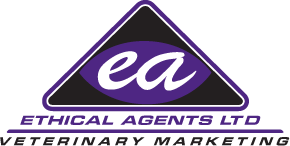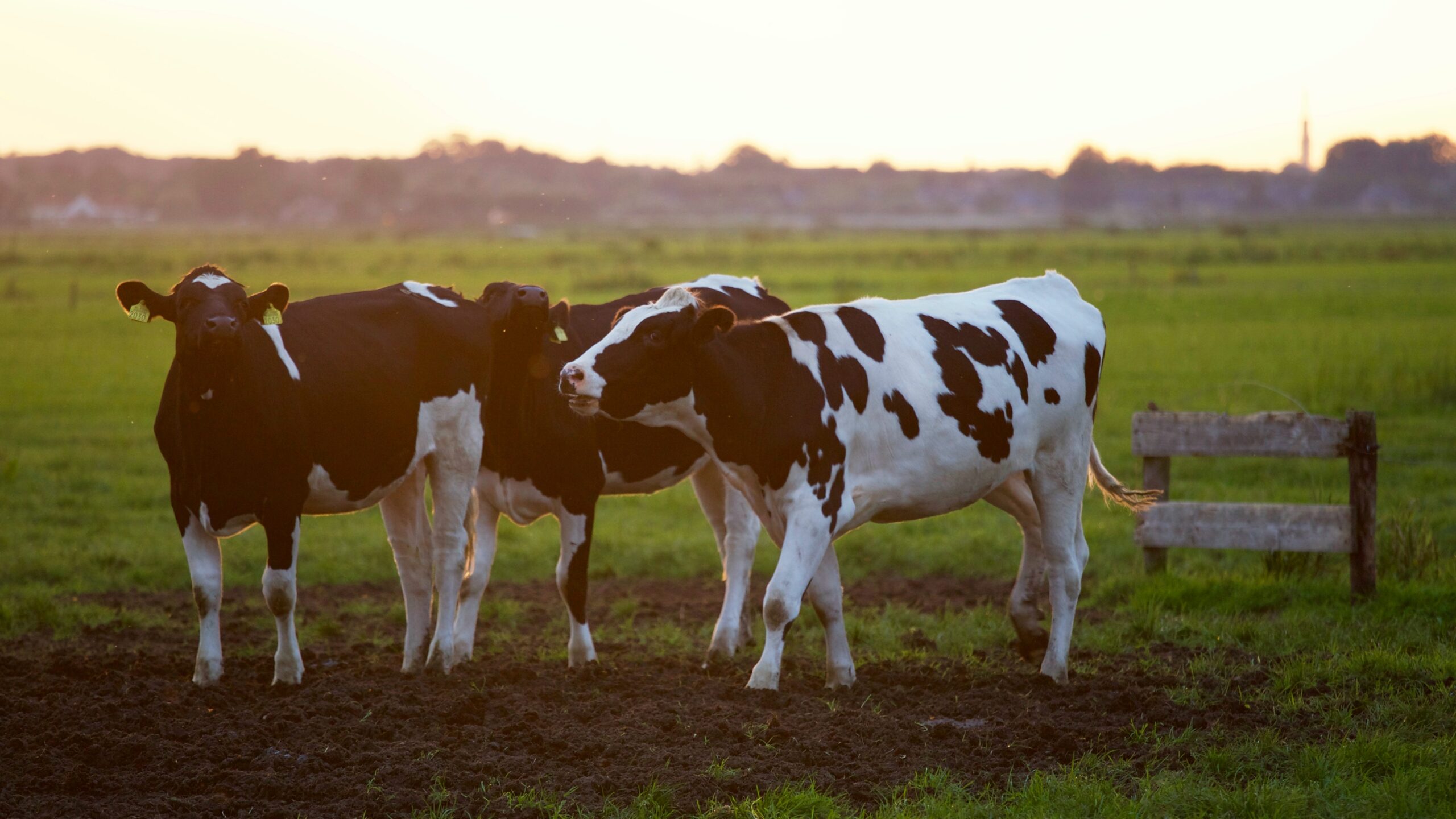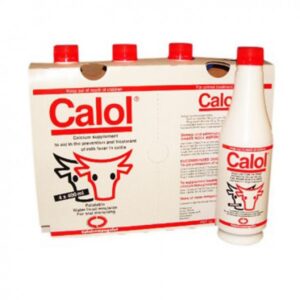Calol: Oral Calcium Supplements for Preventing and Treating Milk Fever in Cows
Milk fever, scientifically known as hypocalcemia, poses a significant challenge to dairy farmers worldwide. It is a condition that affects cows during the transition period from late pregnancy to early lactation, leading to a sudden drop in blood calcium levels. To combat this issue, a groundbreaking solution has emerged in the form of oral calcium supplements. In this blog, we will explore the benefits and effectiveness of Calol, an oral calcium supplement designed to prevent and treat milk fever in cows. Let’s dive into the world of Calol and understand its potential impact on dairy farming.
Understanding Milk Fever and its Consequences
Milk fever is a metabolic disorder that commonly affects dairy cows in the first few days after calving. During this critical period, the cow’s demand for calcium surpasses its ability to mobilise calcium from dietary sources and bone reserves. As a result, blood calcium levels plummet, leading to a range of symptoms, including muscle weakness, reduced feed intake, decreased milk production, and even paralysis if left untreated. Milk fever not only affects the cow’s health and welfare but also has economic implications for dairy farmers.
The Role of Oral Calcium Supplements
Traditionally, milk fever has been treated with intravenous calcium solutions administered by veterinarians. However, advancements in veterinary medicine have led to the development of oral calcium supplements as an alternative prevention and treatment method. Calol, a leading oral calcium supplement, has gained recognition for its efficacy and convenience in managing milk fever in cows.
The Benefits of Calol
- Prevention: Calol is administered as a preventive measure to cows during the late gestation period, ensuring optimal calcium levels before calving. By providing a readily available source of calcium, Calol helps maintain adequate blood calcium concentrations, reducing the likelihood of milk fever occurrence.
- Treatment: Calol works extremely quickly and is enough to treat a cow in the early stages of milk fever, as long as the cow has a swallow reflex. It is faster and easier to administer than an injection and extremely effective. If a bottle of Calol and/or an intravenous injection do not cure the problem it is time to call a veterinarian to reassess the diagnosis!
- Quick and Convenient: Unlike intravenous treatments that require veterinary intervention, Calol can be administered orally by the farmer or farm staff. This ease of use saves time and resources while promoting timely intervention.
- Enhanced Absorption: Calol is formulated to maximise calcium absorption in the cow’s digestive system. It utilises specific compounds that aid in the efficient absorption of calcium, ensuring rapid replenishment of blood calcium levels.
- Improved Cow Health and Milk Production: By addressing calcium deficiencies promptly, Calol helps maintain cow health and well-being. Cows receiving Calol are less prone to the debilitating effects of milk fever, leading to improved milk production and overall productivity on the farm.
The introduction of oral calcium supplements such as Calol has revolutionised the prevention and treatment of milk fever in dairy cows. By providing an easily administered and effective source of calcium, Calol helps maintain optimal blood calcium levels, minimising the risk of milk fever and its associated consequences. Dairy farmers can now harness the benefits of Calol to enhance cow health, welfare, and productivity while reducing the economic burden of milk fever.
As the dairy industry continues to evolve, oral calcium supplements like Calol play a vital role in supporting the well-being of cows and the sustainability of dairy operations. Embracing these innovative solutions not only benefits individual farms but also contributes to the overall advancement of dairy farming practices.



Leave a Reply